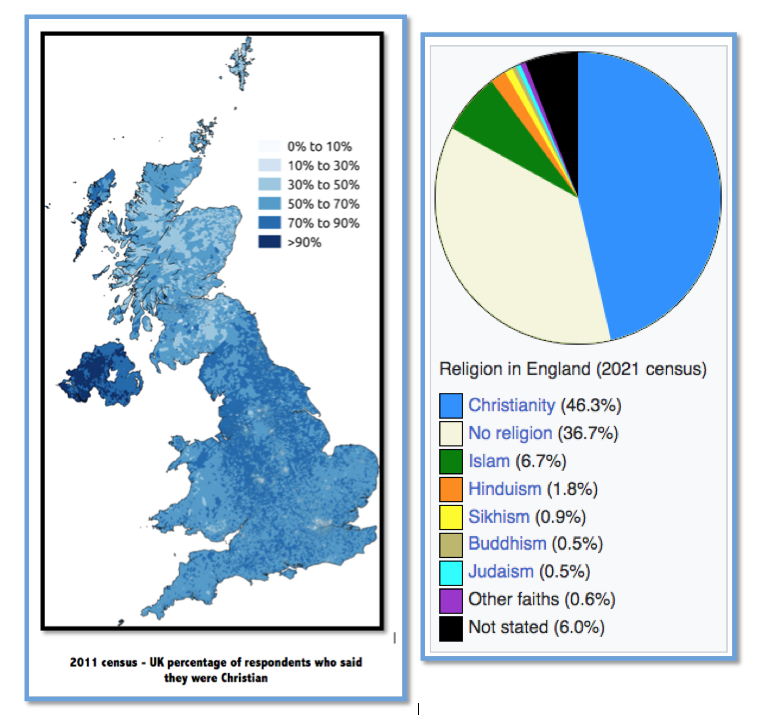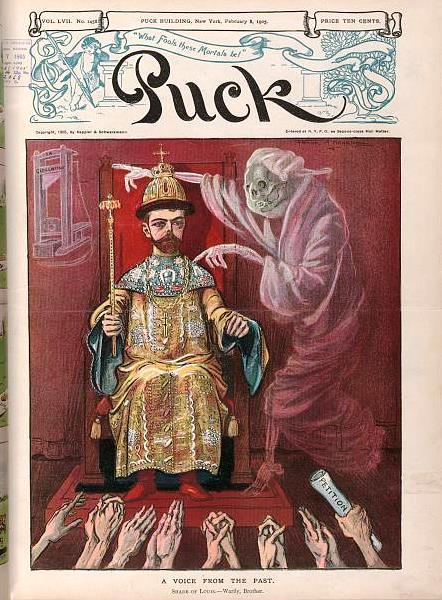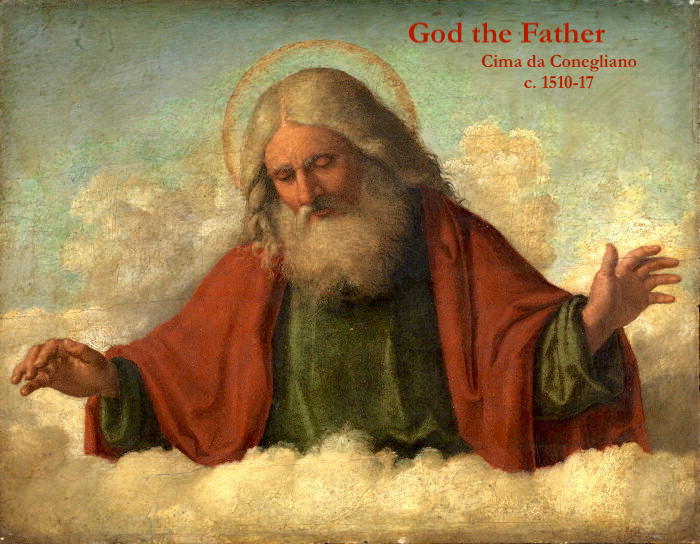God’s Graffiti? – Guest Editorial
Professor Martyn Percy writes in his Guest Editorial: Undoubtedly the nation (by which I mean England) is now at a turning point in its history and culture. In 2034, the Church of England—a national Protestant church that decisively broke from Rome—will be 500 years old. Lambeth Palace has no plans to mark this event, as Anglicans are divided on whether this is their quincentenary. Some Anglicans think that the Church of England is a continuing Catholic church. That is not how the Vatican views this national Protestant denomination founded in Swiss-German Reformed theology. Unable to explain itself, the Church of England hierarchy stays quiet on such issues, doubtless hoping that keeping up appearances will obfuscate the reality. ... CLICK ON PICTURE TO CONTINUE









